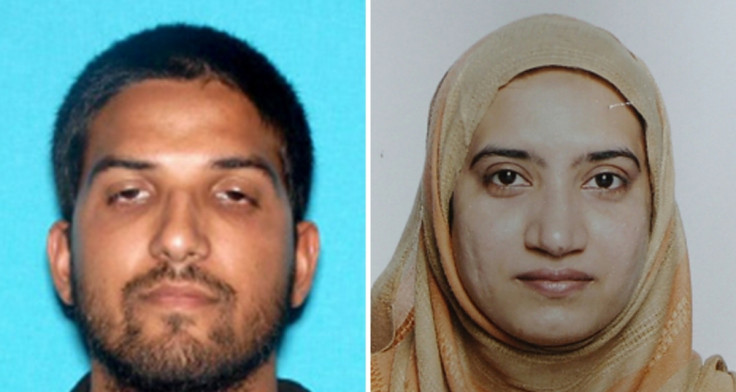US seeks to improve screening process for would-be immigrants to remove security gaps

The US is seeking ways to improve its screening procedures for vetting would-be immigrants in a bid to remove any security gaps in its visa system. The new process may include looking at the social media posts of applicants.
White House spokesman Josh Earnest said that the Homeland Security and State departments have been asked to review the process for screening people who apply for visas and to offer specific recommendations. "I think the president's top priority here is the national security and safety of the American people," Earnest said.
He continued: "And that will continue to be the case with ensuring that this K-1 visa programme is effectively implemented." Earnest however did not provide the specifics of the security review for visas, but did say that one consideration was resources. A total of 9.9 million visa applications were approved in the 2014 budget year.
The Homeland Security Department said that it was specifically reviewing policies on when authorities at the US Citizenship and Immigration Services can look at social media posts as part of the vetting process for applicants for certain visas. The department said three pilot programmes to specifically incorporate "appropriate" social media reviews into its vetting process were launched late last year. The department is looking at other ways to use social media posts.
Tashfeen Malik, the San Bernardino shooter who together with her husband Syed Farook, killed 14 people earlier this month, had entered the US in 2014 on a K-1 or a fiance visa. Her background check included at least one in-person interview in Pakistan and another after she married Farook who was born in Illinois.
Other security checks included providing fingerprints and a variety of other background information. Malik was also vetted through the use of intelligence and law enforcement databases.
However, the day after the deadly shoot-out, a Facebook page maintained by Malik revealed that she had pledged her and Farook's allegiance to the leader of the Islamic State group. The page was under an alias.
According to authorities, Malik and Farook had exchanged messages about jihad and martyrdom online even before they were married and while she was still living in Pakistan. The fact that she had passed the rigorous background check in the US has raised concerns.
Senator Richard Burr who heads the Senate Intelligence Committee noted that Farook was radicalised as early as 2010 and Malik in 2012, which effectively meant she was already radicalised before her visa to the US was processed. "We want to look at how our immigration process for a visa for a spouse broke down, that they didn't notice the radicalisation," Burr said on CBS.
There are however no guarantees that those with radicalised views would be spotted by the authorities as social media users can make their pages private and use aliases. Last week, Senator Burr and Senator Dianne Feinstein introduced legislation requiring social media companies to report to law enforcement any "terrorist activity" they have become aware of.
© Copyright IBTimes 2025. All rights reserved.






















